Blockchain startup Diana is launching a new “lunar registry” that will put plots of space on the lunar surface in an ownership database.
As per a press release, the initiative aims to offer collective ownership to the moon by dividing it into 3,874,204,892 cells that will be mapped out on a blockchain.
The map’s proof-of-stake is represented by two tokens, namely, DIA and MOND, according to its white paper. The native token DIA will be distributed upon registration and swapped with MOND, which is intended for transactions. The cost of registration is expected to increase as more tokens are sold, boosting the token value for market participants and preventing speculation.
In addition, half of the tokens will be available for the public, whereas less than 2% will be reserved for the founders and development team. All the remaining tokens will act as a reserve.
The participants can provide addresses for their respective area. The address system, which is inspired by the What3words, will follow the noun.verb.noun format. For example, diana.love.BTS and Armstrong.land.Moon. It can also be transferred to a third party in real-time.
The startup also plans to serve as a decentralized autonomous organization that could help manage the responsibilities of the Earth’s only natural satellite.
The initiative’s white paper also quoted Article II of the United Nations Outer Space Treaty.
“Outer space, including the Moon and other celestial body, is not subject to national appropriation by claim of sovereignty, by means of use or occupation, or by any other means.”
Noting that the competition for the celestial body is “becoming increasingly fierce,” the developers argued that the treaty did not mention anything about “private ownership” or parceling of the solar system.
“The Diana project aims to clearly define the possible rights of mankind to the Moon, given the increased possibility of ownership disputes, through collective registration,” the press release stated.
The project was launched on July 19, one day before the 50th anniversary of the Apollo moon landing.
Last year, blockchain startup ConsenSys also acquired Planetary Resources, which aims to provide resources for people and products in space by identifying, extracting, and refining resources from near-Earth asteroids.





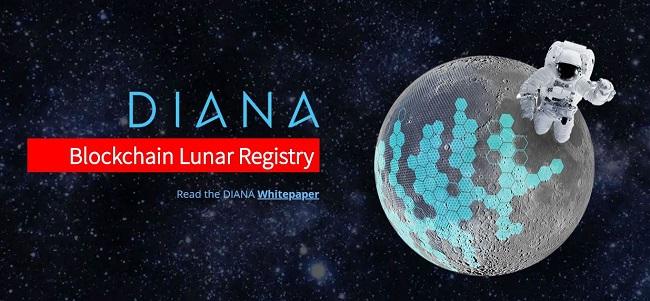




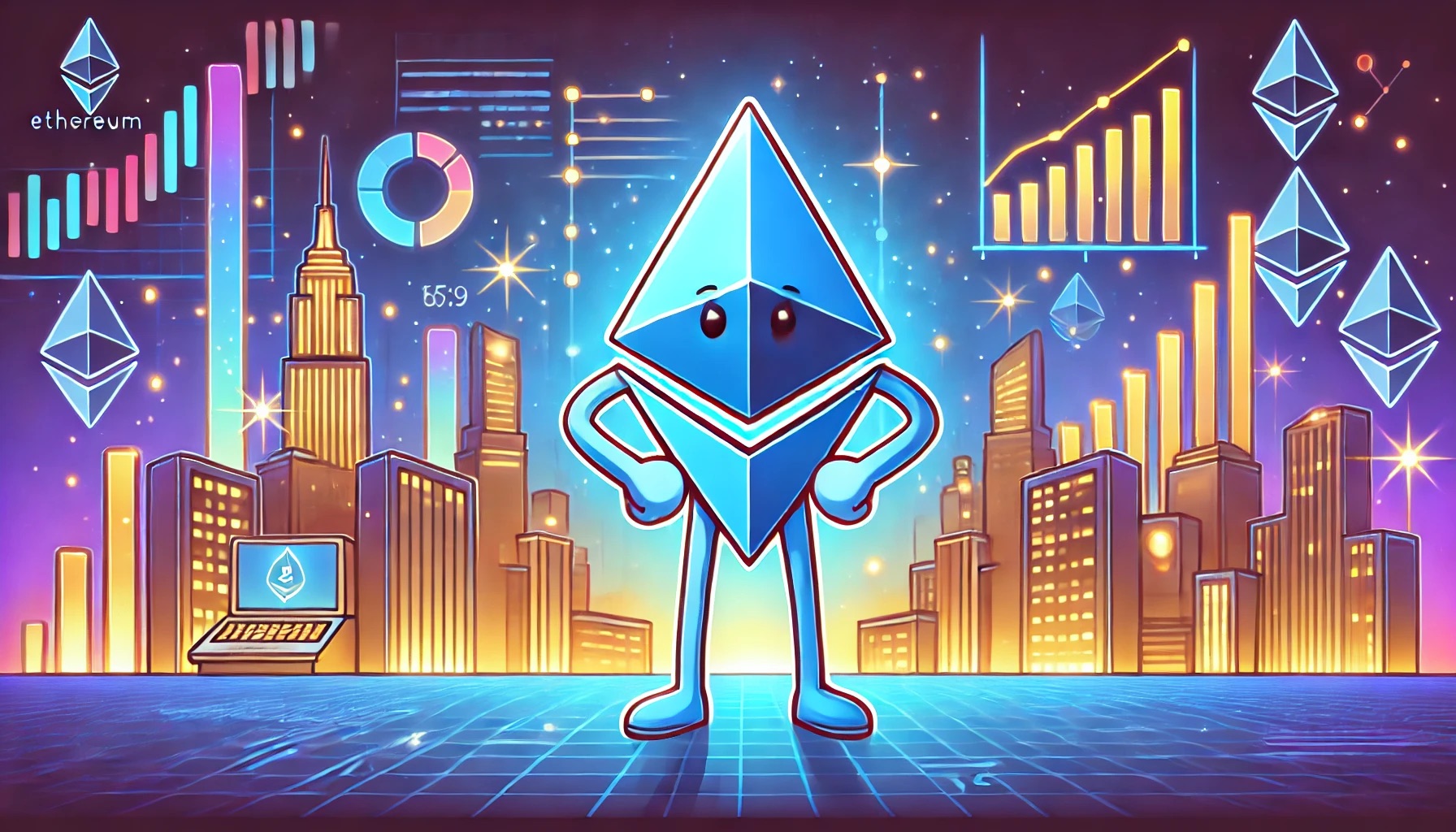








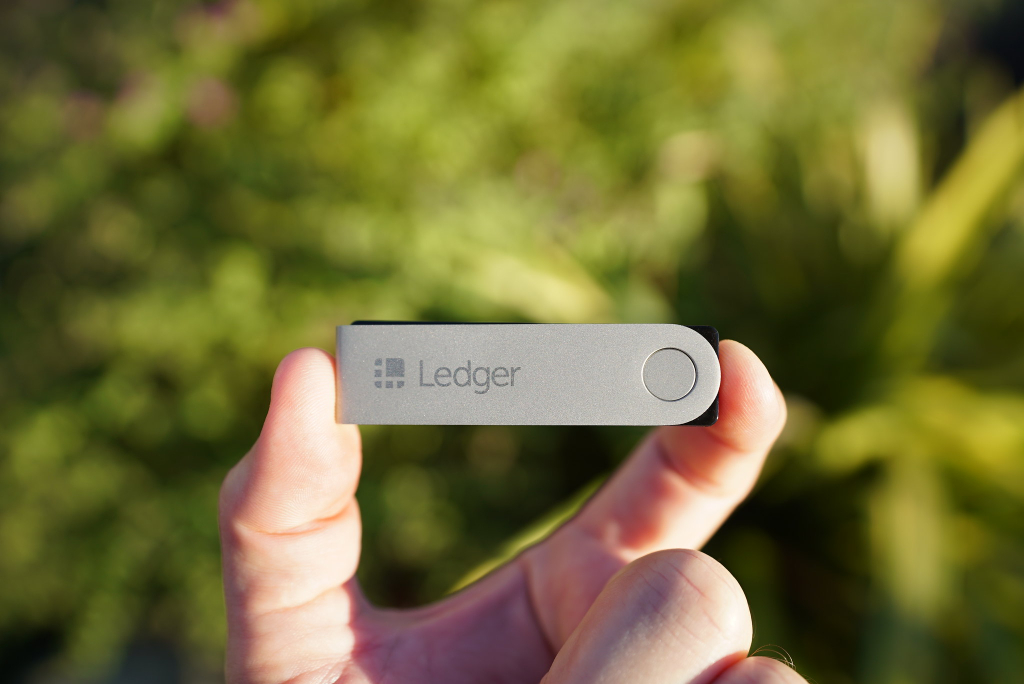

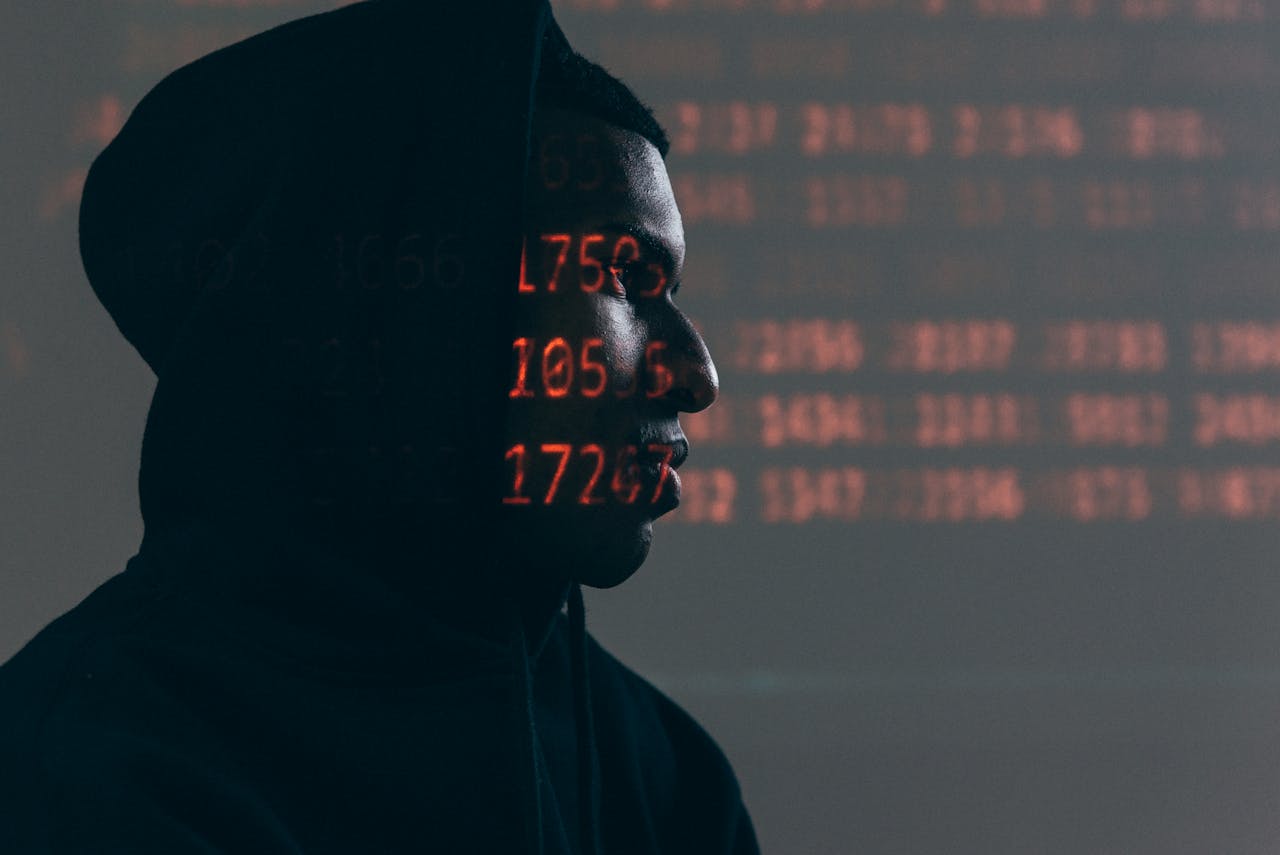
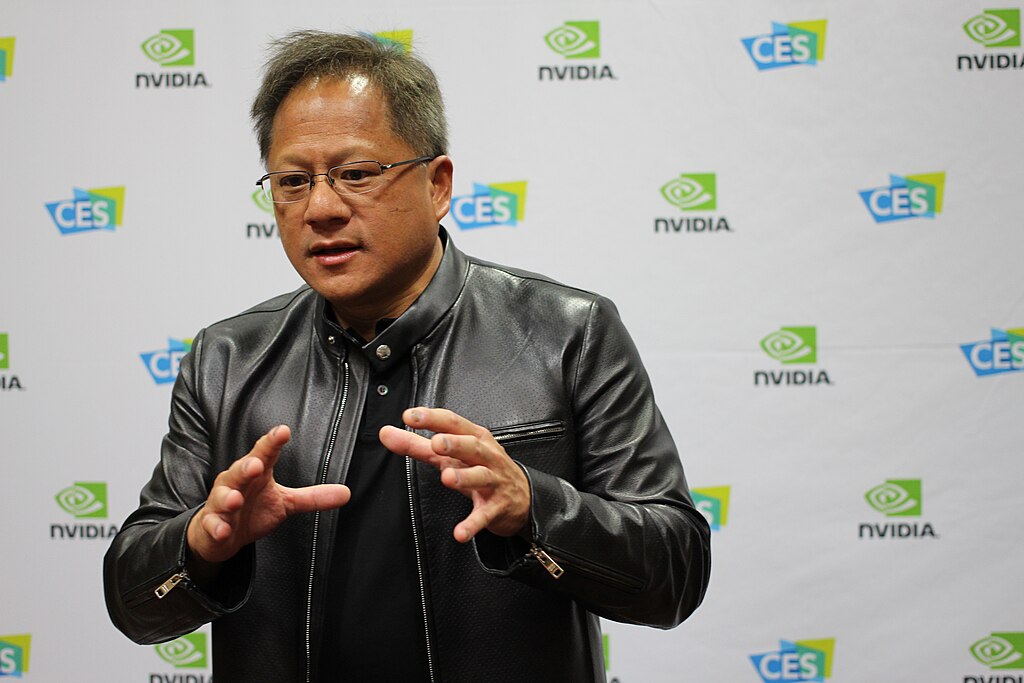




Comment 0